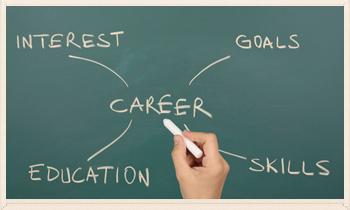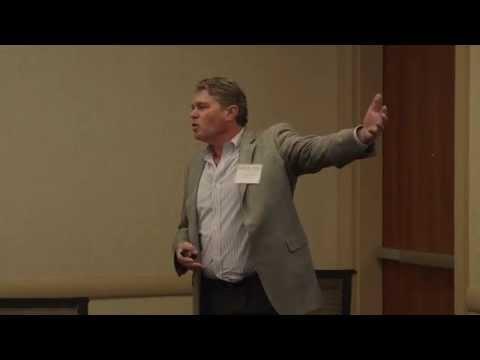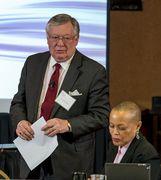Blog Main
Leaders from Southern states push to improve early education
Our understanding about early childhood development has grown by
leaps and bounds in recent years. New brain research tells us
that children’s brains form very rapidly early on, and their
earliest experiences have lifelong effects on their likelihood to
succeed.
Now it’s time to put what we’ve learned into practice so that our
young children get the best start possible.
Are you my teacher?
Teachers across the SREB region and the nation are wary of the use of student growth scores in their evaluations. How can they know with certainty that their evaluation score is a reflection of how they taught the students in their class?
Part-Time Students = 38% of Undergrads
Affordability Commission focuses on needs of adult and part-time students
Part-time college students made up 38 percent of undergraduates
in SREB states by 2013. Many part-time students work to pay their
living expenses as well as tuition, and the more hours they work,
the longer it takes them to finish, on average. Part-timers are
eligible for less financial aid, and they tend to file later,
missing early deadlines.
Tennessee Takes the Temperature
In spring 2014-15, 68 percent of Tennessee teachers reported that evaluation improves teaching in their school and 63 percent said it improves student learning. That is a drastic shift from when Tennessee became the first state to implement a statewide, multiple-measure teacher evaluation system that included a major student growth component in 2011-12. How did they get to where they are now?
Implementing Evaluation Systems: A Time for Teacher Voice
Many states have focused their efforts to improve schools and student achievement through the primary catalyst for change: teachers and school leadership. They have determined that more comprehensive teacher and leader evaluation systems are the vehicle for this improvement. With a focus on increasing student achievement, what is our purpose in teacher evaluation?
Tysza’s Tips for Observing Teachers
This presentation walks through the ups and downs of teacher reflection and growth through classroom observations — and how to make the most of them.
Pathways to Opportunity
High School to College and the Workplace
Labor market economists project that by 2020, two-thirds or more of all jobs will require some postsecondary education — either a certificate, a credential or a degree at the associate level or higher.
Applying lessons from public health to challenges in education
At our educator effectiveness convening, Emory University professor Dirk Schroeder described the positive deviance approach for studying positive outliers who can inspire solutions to implementation challenges in education.
The Critical Infrastructure of Early Learning
Birth to Books
What happens in a child’s first three years of life has deep and
long-lasting implications for success in school and life. Studies
show that how many words children are exposed to by age 3, their
mothers’ education level, and the stress of poverty are huge
factors in whether or not they are ready for kindergarten at age
5.
Getting better at getting better
Accelerating improvement was the focus of the Carnegie Foundation Summit I attended on March 2 – 4. Drawing on examples from their own work, education leaders including Commissioner Terry Holliday (KY), Superintendent Lillian Lowery (MD) and Assistant Commissioner Emily Freitag (TN) taught us about the core principles of improvement science:
Promising Affordability Practices in Oklahoma, Tennessee
What the research tells us
SREB’s Commission on College Affordability in the South convened in New Orleans in December 2014 for its second meeting to focus state policies on increasing the students’ ability to pay for and complete college. Members learned what the research tells us about affordability’s effects on enrollment and completion and heard about promising practices in two states, Oklahoma and Tennessee.
Florida Middle School Creates Success Academy
Pinellas Park Middle School is about as challenging a school as
you can find in Florida. The state has assigned it a grade of D
for the past several years. All of its students receive free
lunch. Twenty-three percent of its students have already been in
some form of drop-out prevention program prior to enrolling at
Pinellas Park.
Highly Qualified Turnaround Leaders Emerge in Florida
The Florida Turnaround Leaders Program is a big hit in Florida that will ultimately result in better principals, better schools, and higher-performing students. “This program has provided the best professional development I have ever experienced in my 25 years as an educator,” said one participant.
State of the State on Teachers
Teacher compensation, training, hiring and professional development prominent 2014 speeches
In several recent 2014 State of the State addresses in SREB states, governors outlined broad educational priorities in pre-K, K-12 and higher education, with some proposing policy changes related to educator effectiveness in particular.








